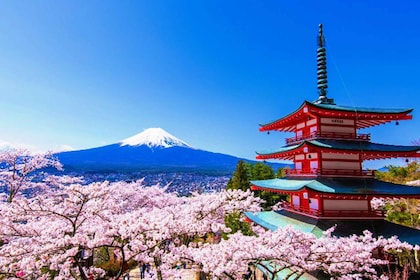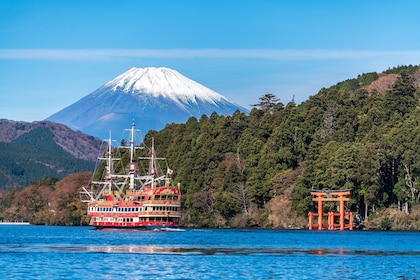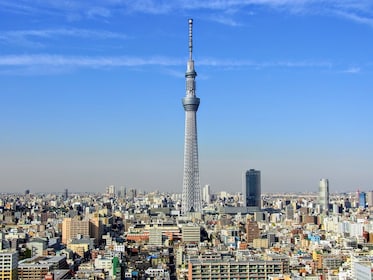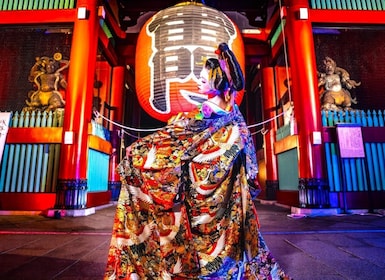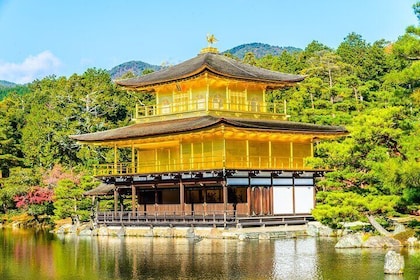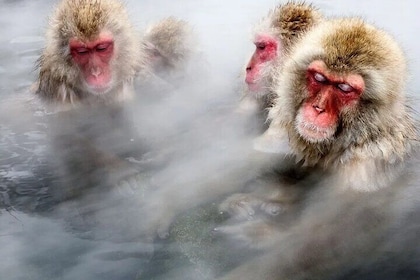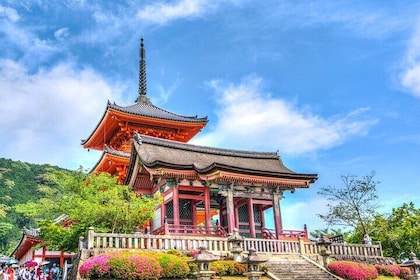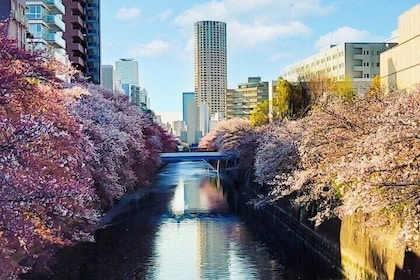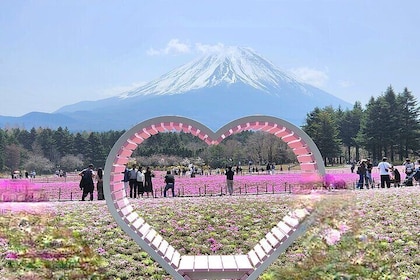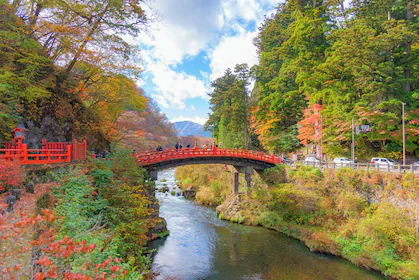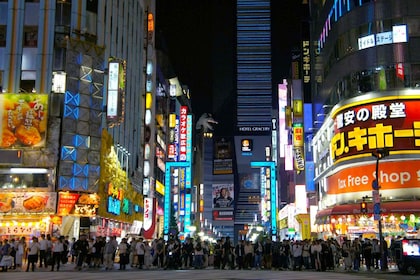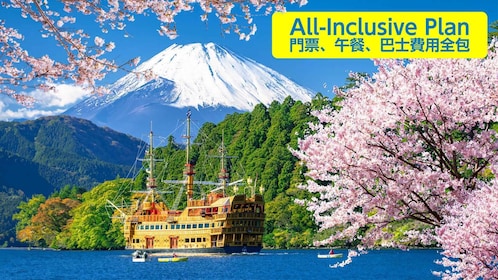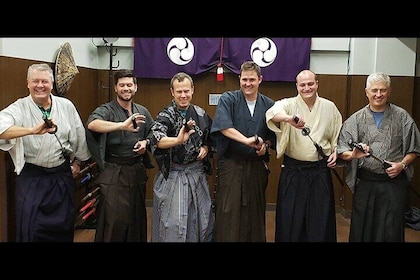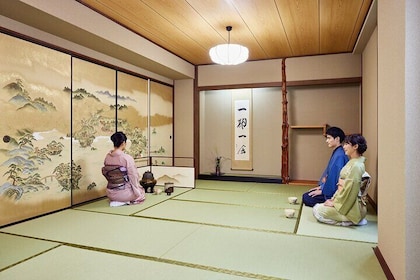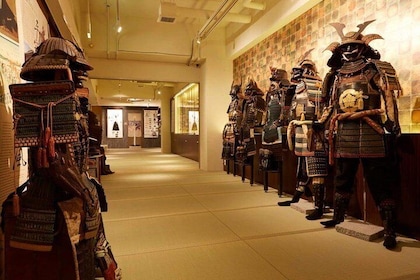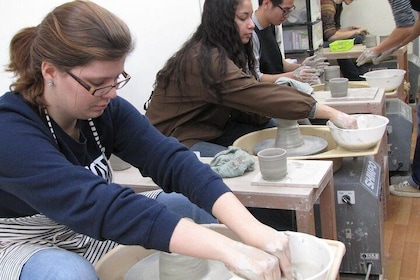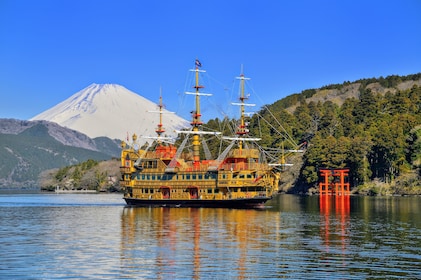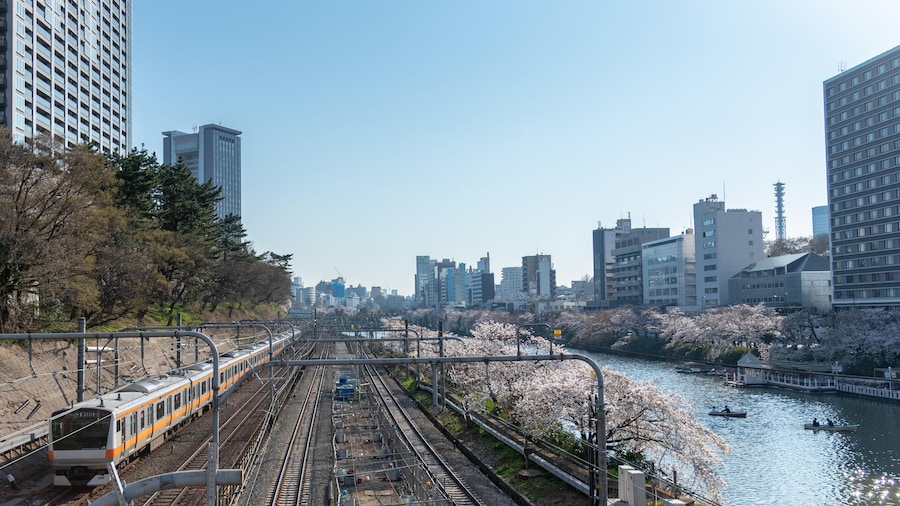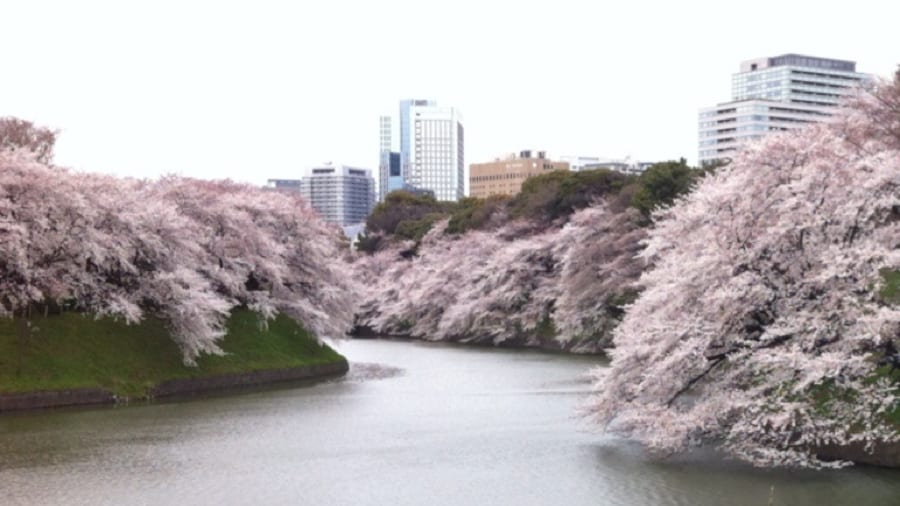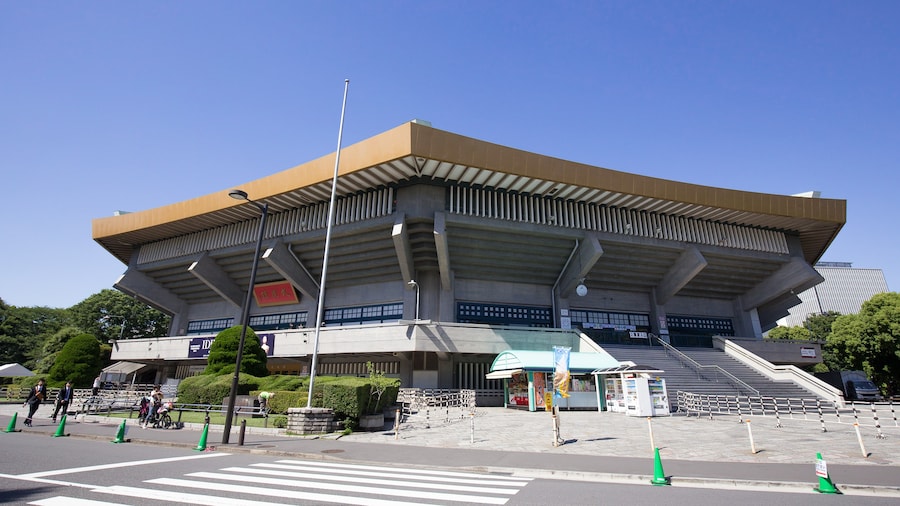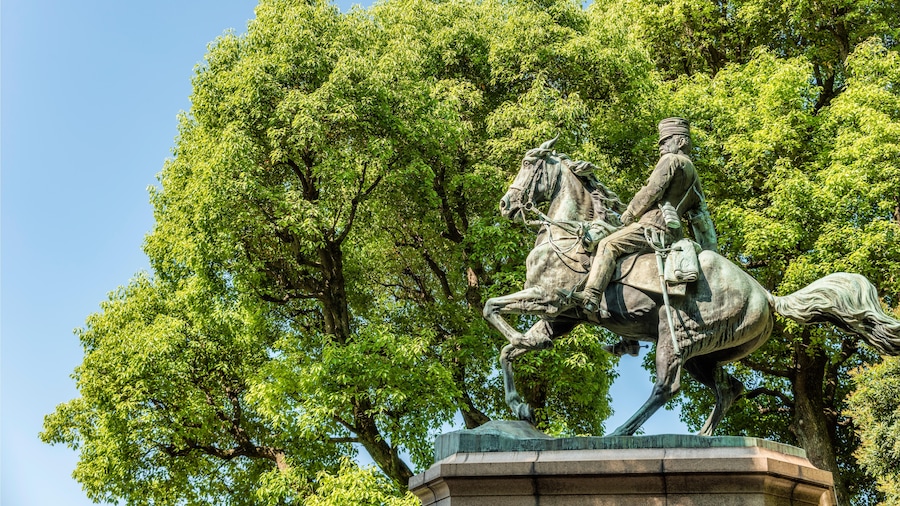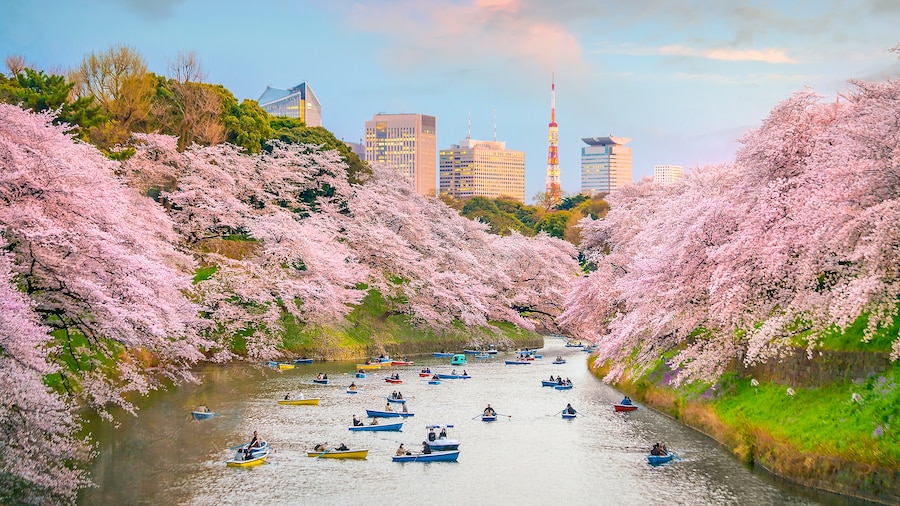A shrine in central Tokyo honours those who died in nearly a century of wars while the adjacent museum documents Japan’s military history.
In contrast to the modernity of Tokyo’s towering skyscrapers and fast trains, Yasukuni Shrine reveals some of Tokyo’s past. It was built in 1869 to commemorate those who died for the empire. According to Shinto religious practice, the shrine holds their spirits for eternity. Enjoy this peaceful location while reflecting on the country’s times of war and hopes for preservation of peace.Yasukuni Shrine was initiated by Emperor Meiji to honor those who supported the Empire of Japan in forcing the shoguns out of power during the Meiji Restoration. Since then, participants in other conflicts, including Sino-Japanese and Russo-Japanese wars and World War II, have been added. Names, birthplace, and date and place of death are recorded for nearly 2.5 million people. The shrine honors not only military personnel, but also service workers who died during the conflict while supporting Japan and, controversially, a few declared war criminals. Japan’s perspective on its military record is revealed with relics from many wars in the Yushukan military museum on the grounds of the shrine. While some find the presentation overly patriotic, it is fascinating to those who enjoy learning about military history. The shrine celebrates special festivals nearly a dozen times each year. The grounds are particularly beautiful with spring blossoms and autumn leaves. Each spring, Tokyo residents and visitors plan their cherry blossom activities across the city based on happenings at the shrine. One tree on the grounds has been identified as the representative sample, which indicates the opening of the season’s first cherry blossoms, a highly awaited notification. Yushukan museum is open daily, but closes for a few days in late June and December. There is a small entrance fee. The shrine is in central Tokyo, a five-minute walk from Kudanshita subway station and 10 minutes from Ichigaya subway and rail station. It’s also served by bus at the Kudanue stop.





